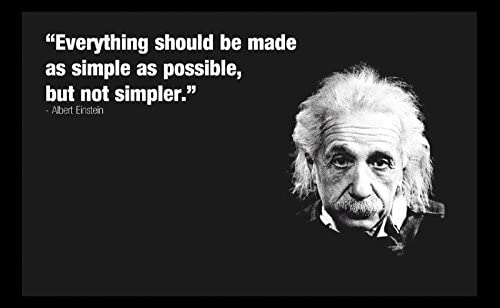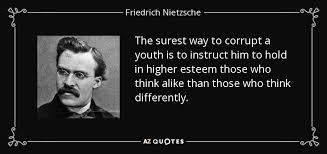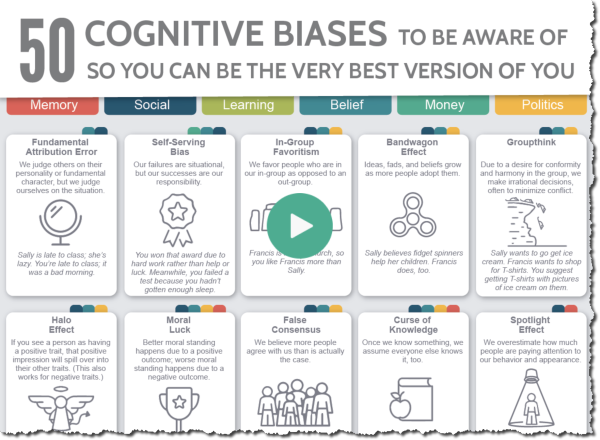Last year, around this time I shared an article on data as the new precious commodity. In case you missed it, I thought it was worth revisiting. The closing feels even more relevant today than when I wrote it. Below is the article in its entirety
Data is becoming a precious commodity.
A staggering 90% of all the world’s data (2.5 quintillion bytes per day) has been created in the past two years alone … and its value is rapidly rising.
With IoT growing from 2 billion devices in 2006 to a projected 200 billion by 2020 you can expect to see that growth continue to explode.
Data is today’s “wild west” and the battlefield of today’s tech titans.
Alphabet, Amazon, Apple, Facebook, and Microsoft all have an unprecedented amount of data (and power).
Rapid growth means little time to create adequate rules. Everyone’s jumping to own more data than the next and to protect their own data from prying eyes.
I see it in trading, but it’s pervasive in every industry and in our personal lives.
Having basic data and basic analytics used to be enough, but the game is changing. Traders used to focus on price data, but now you’re seeing an influx of firms using alternative data sets to find an edge. If you’re using the same data sources as your competitors and competing on the same set of beliefs, it’s hard to find a sustainable edge. Understanding the game they’re playing, and their rules are important, but that’s table stakes.
Figuring out where you can find extra insight, or where you can make the invisible visible, creates a moat between you and your competition, and it lets you play your own game.
I shot a video where I talk high-level about Data as fuel for your business. Check it out.
It is interesting to think about what’s driving the new world (of trading, of technology, of AI, etc.) and that often involves identifying what drove the old world. History has a way of repeating itself.
Before e-mails, fax machines were amazing. Before cars, you were really happy with a horse and buggy.
It’s in these comparisons that I think we can help explain the importance of data in today’s new world economics.
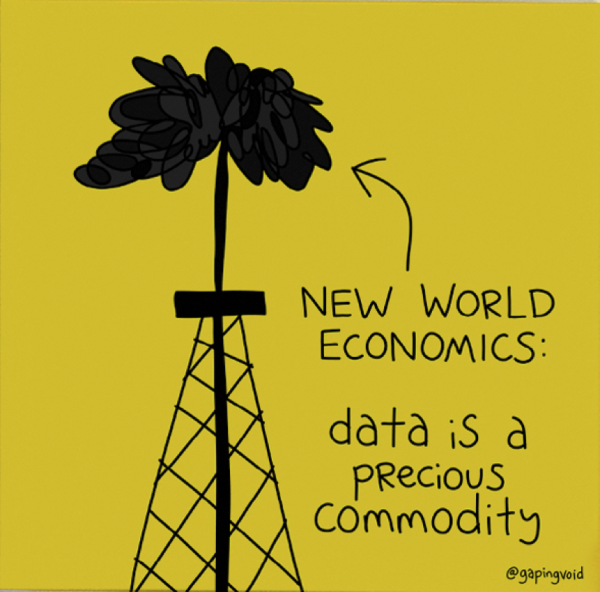
via gapingvoid
Data as the New Oil
Petroleum has played a pivotal role in human advancement since the industrial revolution; it fueled (and still fuels) our creativity, technology advancements, and a variety of derivative products. There are direct competitors to fossil fuels that are gaining steam, but I think it’s more interesting to compare petroleum to data due to their parallels in effect on innovation.
The process of pumping crude oil out of the ground and transforming it into a finished product is far from simple, but anyone can understand the process at a high-level. You have to locate a reservoir, drill, capture the resource, and then refine it to the desired product – heating oil, gasoline, asphalt, plastics, etc.
The same is true for data.
You've got to figure out what data you might have, how it might be useful, you have to figure out how to refine it, clean it, fix it, curate it, transform it into something useful, and then how to deliver it to the people that need it in their business. And even if you've done this, you then have to make people aware that it's there, that it's changing, or how they might use it. For people who do it well, it's an incredible edge. – Howard Getson
Data can be seen as the fuel to the information economy and oil to the industrial economy. The amount of power someone has can be correlated to their control of and access to these resources … and, leaking of these resources can lead to extreme consequences.
Why Data Is Better Than Oil
The analogy works, but it’s just that, an analogy, and the more you analyze it, the more it falls apart. Unlike the finite resource that is oil, data is all around us and increasing at an exponential rate, so the game is a little different:
- Data is a renewable resource. It’s durable, it’s reusable, and it’s being produced faster than we can process it.
- Because it’s not a scarce resource, there’s no urge to hoard it – you can use it, transform it, and share it knowing that it won’t diminish.
- Data is more useful the more you use it.
- As the world’s oil reserves dwindle, and renewable resources grow in popularity and effectiveness, the relative value of oil drops. It’s unlikely that will happen to data.
- Also, while data transport is important, it’s not expensive the way oil is. It can be transported and replicated at light speed.
Using alternative data gives traders an advantage, but it doesn’t always have to be confidential or hard to find information. Traders now have access to vast amounts of structured and unstructured data. An important source that many overlook is the data produced through their own process or the metadata from their own trades or transactions.
In the very near future, I expect these systems to be able to go out and search for different sources of information. It's almost like the algorithm becomes an omnivore. Instead of simply looking at market data or transactional data, or even metadata, it starts to look for connections or feedback loops that are profitable in sources of data that the human would never have thought of. – Howard Getson
In a word of caution, there are two common mistakes people make when making data-driven decisions. First, people often end up slaves to the data, losing focus on the bigger picture. Second, even the most insightful data can’t predict black swans. It’s important to exercise caution.
The future of data is bright, but it’s also littered with potential challenges. Privacy concerns and misuse of data have been hot button topics, as have fake news and the ability of systems to generate misleading data. In addition, as we gain access to more data, our ability to separate signal from noise becomes more important.
The question becomes, how do you capitalize on data, without becoming a victim to it?
Food for thought!

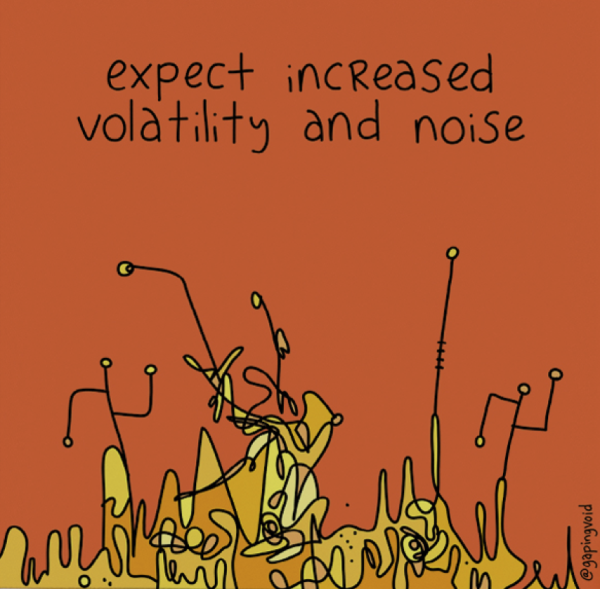
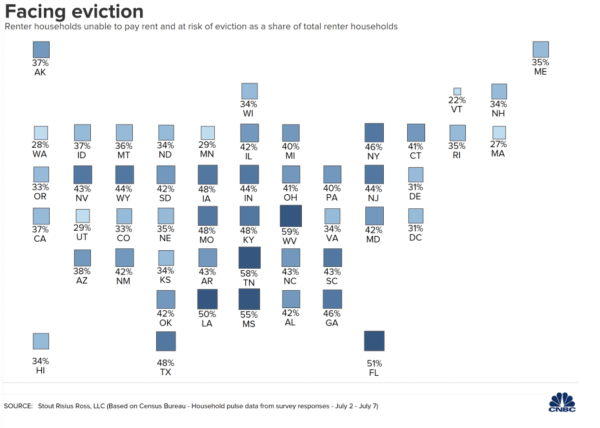 via
via 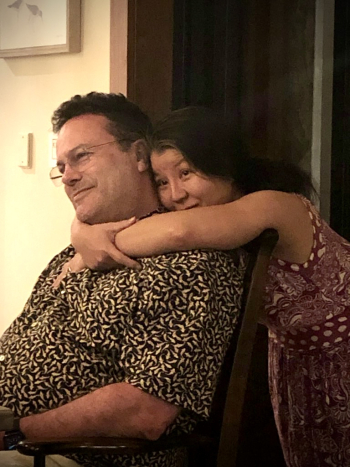
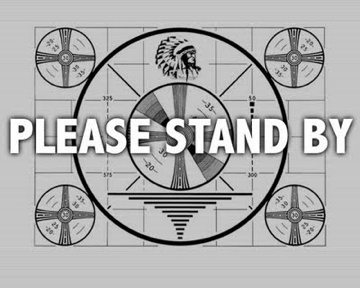
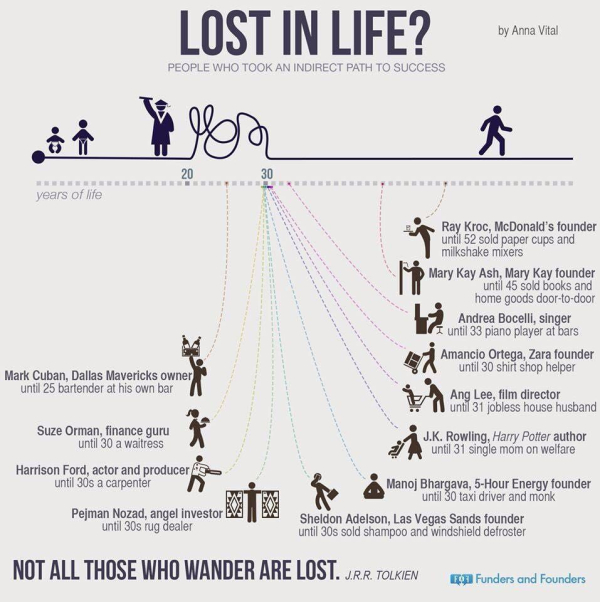 Anna Vital via
Anna Vital via 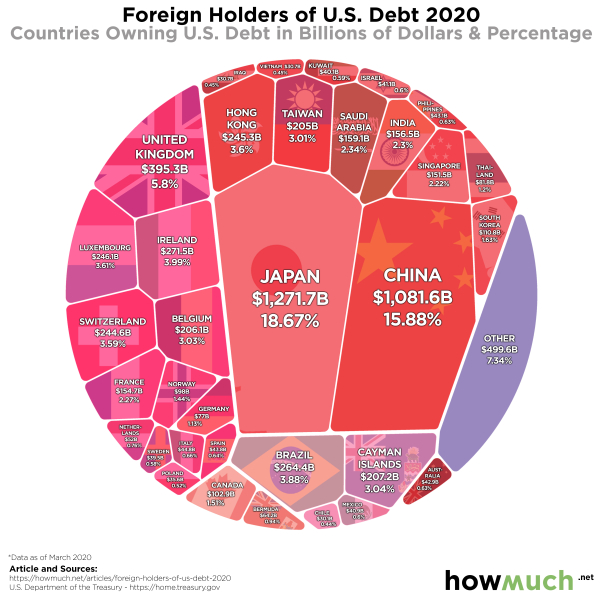 via
via 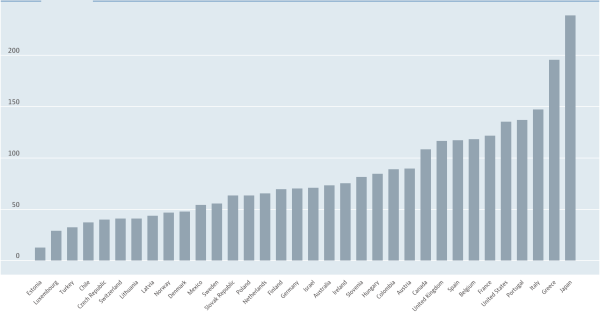
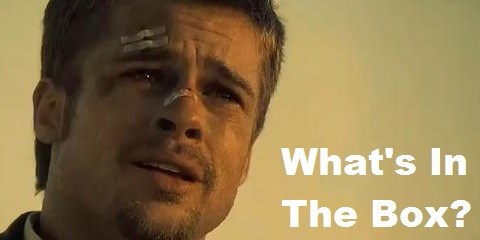 via
via 